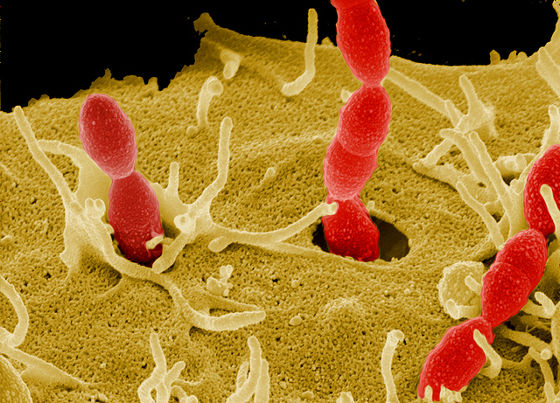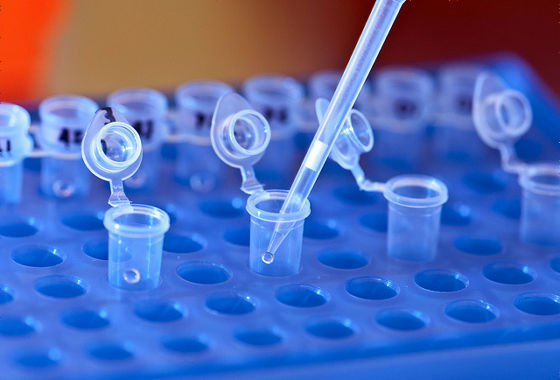How did "the intestinal bacteria treating cancer" shock the cancer research

ByKevin Morris
In the autumn of 2015, research results with content that "intestinal bacteria exert effect in suppressing skin cancer" were announced and attracted a great deal of attention. Currently, pharmaceutical companies are all developing "drugs to treat cancer by using bacteria", and Bloomberg Business at the news site is summarizing its efforts.
How Gut Bacteria Are Shaking Up Cancer Research - Bloomberg Business
http://www.bloomberg.com/news/articles/2016-03-14/how-gut-bacteria-are-shaking-up-cancer-research
In November 2015, researchers at the University of Chicago discovered that bacteria present in the gastrointestinal tract of mice are effective as immunotherapy for skin cancer. In the study, oral administration of bifidobacteria present in the gastrointestinal tract of humans to mice, the growth of melanoma in mice and the action of spontaneous antitumor immunity were observed, it was confirmed that suppression of growth of skin cancerImmunotherapyIt has reported that it had the same degree of effect. In addition, when both administration of bifidus bacteria and immunotherapy were carried out, melanoma growth was almostHe said that he stopped.. In another study, French researchers announced that one type of bacteria will activate immune response therapy. Due to a series of events, pharmaceutical companies areMicro-biomeI became more interested in it.
Roche's Genentech divisionDaniel Chen, who works for one, is studying immunotherapy for cancer. "When I was asked," When gastrointestinal bacteria play an important role in the response of the immune system "five years ago, I would have laughed away, but now that many immunologists have great implications for bacteria and the immune system I believe that, "Chen says. Although the research is going on smoothly, all the effects obtained so far are temporary, "It is a big hurd to keep the effect of the treatment on the human body for a long time" is a big hurdle and investors Some also see it as "it will take at least five years for commercialization."

ByZEISS Microscopy
However, the attention to the relationship between microbiome and bacteria and immunity is growing overall, and in January 2015 Nestlé,ClostridiumWe invested 65 million dollars (about 7.4 billion yen) in a company called ambridge, which develops an effective treatment for digestive system using digestive system. If the research goes well, there is a possibility that foods and supplements containing good bacteria will come on the market.
Startup announced that it signed a license agreement for microbiomics on inflammatory bowel disease with Johnson & End Johnson in 2015Vedanta BiosciencesCEO of Bernat Olle said that the pharmaceutical companies hoped for cancer treatment using bacteria because they are interested in pharmaceutical companies and how much they are willing to enter this field seriously I will tell you whether it is.
Also, startup4D Pharma PLCAnnounced in November 2015 that it discovered effective bacteria for breast cancer and lung cancer in animal experiments. 4D Pharma PLC is planning to conduct experiments for people at the end of 2016 and is already collecting capital of US $ 140 million (about 16 billion yen).
Meanwhile, in FranceENTEROMEHas taken another approach and is developing a treatment using bacterial secretions. This is also attracting a lot of attention and it seems that 15 million euros (about 1.9 billion yen) will be financed during March 2016.
However, since studies of previous studies have shown that human microbiomes are diverse, it is known that immunotherapy has different effects even if it is an identical twin mouse. In addition, it is difficult to identify effective bacterial agents for cancer treatment from innumerable bacteria, and it is also difficult to ascertain the amount of bacteria necessary to demonstrate the effect, "It is effective for a certain patient but is different It will be a future issue that it can happen that it will be harmful to patients ".

ByUniversity of Michigan School of Natural Resources & Environment
Related Posts:
in Science, Posted by darkhorse_log







